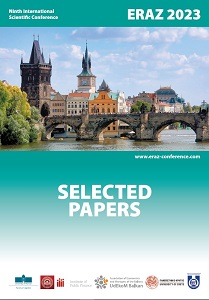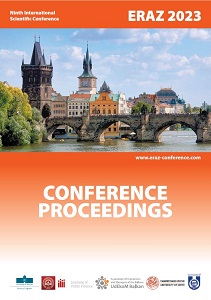Author(s): Hristina Oreshkova / Language(s): English
Publication Year: 0
Over the last few decades, significant progress has been made in the development of a global baseline for corporate sustainability reporting and disclosure, including a focus on climate change issues. However, the author’s main concern, and the argument at the heart of the paper, is that the observed proliferation of frameworks focused on sustainability and sustainable development may compromise the comparability of disclosed information, thereby reducing its usefulness and even confusing stakeholders. The author argues that humanity urgently needs to do much more. Based on the author’s research, observations and reflections from discussions with leading practitioners and experts, it is suggested that the transparency, consistency and relevance of corporate policies and activities and information on sustainability and climate-related issues, whether provided through voluntary or mandatory reporting and disclosure, are not of sufficient quality to adequately address and respond to the unique challenges facing humanity due to climate change. Sustainability disclosure has become an important part of the corporate reporting process, with climate-related information being a key component. The author’s thesis is that the trustworthiness, transparency and relevance of climate-related disclosures have proven to be of great importance in achieving disclosure effectiveness and usefulness for interested parties – potential and current investors, creditors, lenders, employees and all members of society and the European Union community. The author aims to highlight, discuss and justify the need for a global framework and coherent standards to support meaningful and consistent disclosure of climate-related matters, risks and opportunities. It will be a prerequisite for improving the transparency and quality of climate-related information and data and will support ap¬propriate decision-making in the management of climate-related risks. The author considers it to be an essential part of the governance, process and system of corporate governance reporting. The author’s paper aims to highlight and discuss the considerations, criticisms and concerns of researchers, professionals and experts on the issues discussed, to outline perspectives for future research and to emphasize that benefits for all members of society, sustainability and sustainable development and the future are highly probable and can therefore be expected. The development of international standards for climate-related disclosure should be seen as the most important part of establishing a global regulatory framework for corporate sustainability reporting at the international level. The research methods used by the author are analysis and synthesis, induction and deduction, descriptive approach, comparison, analogy and observation, as well as a thorough study of many recent academic research and normative sources on the subject.
More...


